Dictionary of Space Concepts
Welcome to the Dictionary of Space Concepts
What is the Dictionary of Space Concepts?
The Dictionary of Space Concepts (DSC) is a project by UNIVERSEH – the European Space University of Earth and Humanity. Starting in 2020, this Alliance of five European Universities decided to launch an online dictionary dealing with terms and concepts related to space sciences. It should be created and used by students, lecturers, researchers and citizens alike.
After an initial planning phase, the DSC was published in spring 2022. It opens up several opportunities for all members of the UNIVERSEH Alliance and interested citizens to contribute to the content of the DSC.
In our course "Terms and Concepts of Space", students learn how to write a dictionary article and later on contribute several entries to the DSC.
Special | A | B | C | D | E | F | G | H | I | J | K | L | M | N | O | P | Q | R | S | T | U | V | W | X | Y | Z | ALL
O |
|---|
Orbit (entry exists but has poor description) | |||
|---|---|---|---|
Image source: Short Definition: https://www.youtube.com/watch?v=6cUe4oMk69E&list=TLGG8tIphgpDAHkxMzA0MjAyMw&t=1s | |||
Orbital Manufacturing | ||
|---|---|---|
The concept of orbital manufacturing visualized by a primate building space mission components with blocks. Source: Short Definition:Orbital manufacturing refers to the production of various components required for space missions in orbit. Detailed Definition:
In orbital manufacturing, parts, materials, and tools needed for space missions are manufactured in orbit around planets. This manufacturing capability provides a solution for sustainable, flexible missions and enables on-demand repair, fabrication, and recycling on critical systems. These capabilities provide tangible cost savings by reducing launch mass, as well as significant risk mitigation by reducing dependence on spare parts and/or oversizing systems for reliability. There are several advantages of manufacturing in space: The effects of microgravity and vacuum in space enable the study and manufacturing of products that would otherwise be impossible to make on Earth. When compared to launching all essential resources from Earth, the harvest and processing of raw materials from other astronomical bodies, commonly known as In-Situ Resource Utilisation (ISRU), could enable more sustainable space research missions at a lower cost. Raw materials might be transferred to low Earth orbit and processed into products before being delivered back to Earth. This aims to preserve the Earth by replacing terrestrial production on the planet. Etymology:
Orbit - Latin - orbita “course, track, impression, mark” Manu - Latin - manus “Hand” Facture – Latin - factura “Making” Sample Sentence(s):
“Was this arm made using orbital manufacturing?” “Orbital manufacturing is particularly suitable for long space missions.” Translations:
Links to Videos/Articles: | ||
UNIVERSEH is an alliance of:
All rights reserved. Funded by the European Union. Views and opinions expressed are however those of the author(s) only and do not necessarily reflect those of the European Union or the European Education and Culture Executive Agency (EACEA). Neither the European Union nor the granting authority can be held responsible for them.








